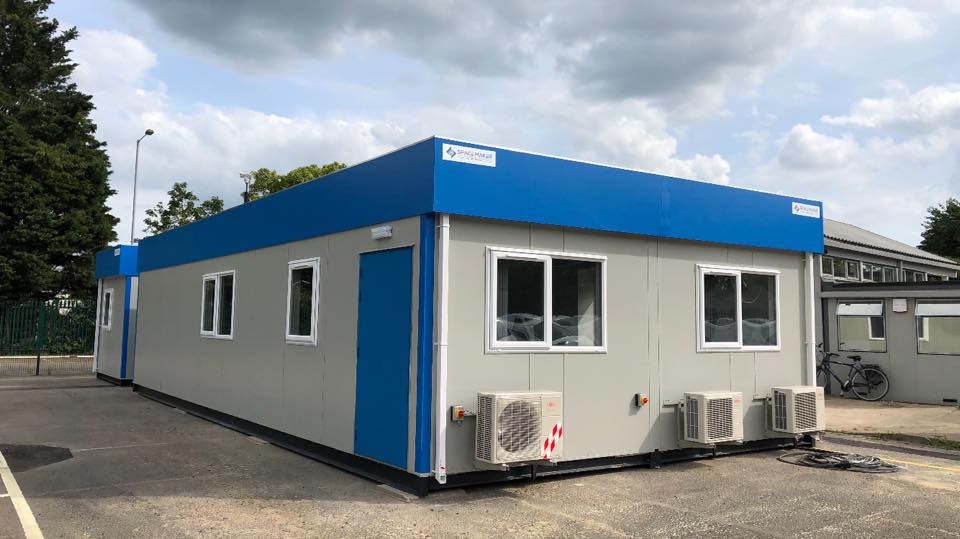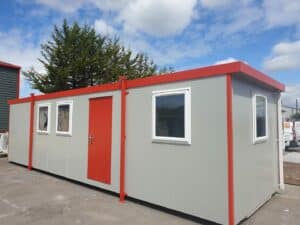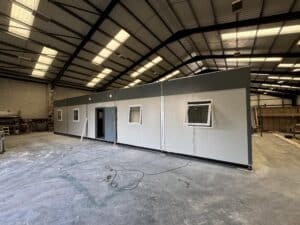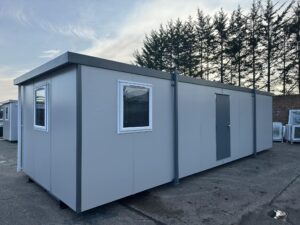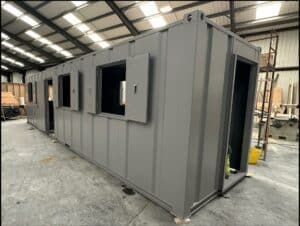Modular Buildings, or prefabricated buildings, offer a versatile and quick solution for a variety of space needs. Whether you’re looking for Modular Office space, Modular Classrooms, or on-site Portable Storage Buildings, Modular Building solutions can provide a convenient and cost-effective option.
But one of the questions we get frequently asked is: Do you need planning permission for a Modular Building?
The answer, like many things, is it depends. Building regulations and planning permission vary depending on your local authority and their specific requirements. Whilst this blog post outlines some factors that can determine whether you will need planning permission, it is always best to speak to your local authority to get clarification.
Understanding Planning Permission
Planning permission is essentially the authorisation granted by your local authority to construct a new building or make significant alterations to an existing one. It ensures that any development complies with local planning guidelines and regulations.
Factors Affecting Planning Permission for Modular Buildings
Here are some key factors that can influence the need for planning permission for your Modular Building:
Size and Scale
Generally, smaller Modular Buildings have a higher chance of being exempt from planning permission. Specific size thresholds vary depending on your location, so it’s crucial to check with your local planning authority.
Will The Building be Temporary or permanent?
Temporary structures, intended for use for a limited period are less likely to require planning permission compared to permanent structures.
Location and Impact
The location of your Modular Building and its potential impact on the surrounding area can also influence the need for permission. For instance, placing a building in a conservation area or near sensitive ecological zones might require additional approvals.
Intended Use
The planned use of the Modular Building can be a factor. For example, residential dwellings typically require planning permission, while storage units might have different regulations.
Seeking Expert Advice
Most local authorities have dedicated sections on their websites outlining planning permission requirements and application processes.
While this blog post provides a general overview, it’s important to remember that regulations can vary by location. For a definitive answer on whether your specific Modular Building project requires planning permission, it’s always best to consult with your local planning authority or a building regulations specialist.
They can provide specific guidance based on your unique circumstances and ensure you comply with all necessary regulations.
In conclusion. Modular Buildings offer a multitude of benefits, but understanding planning permission requirements is crucial before moving forward with your project. By familiarising yourself with the factors influencing permission needs and seeking expert advice if necessary, you can ensure a smooth and successful Modular Building experience.

